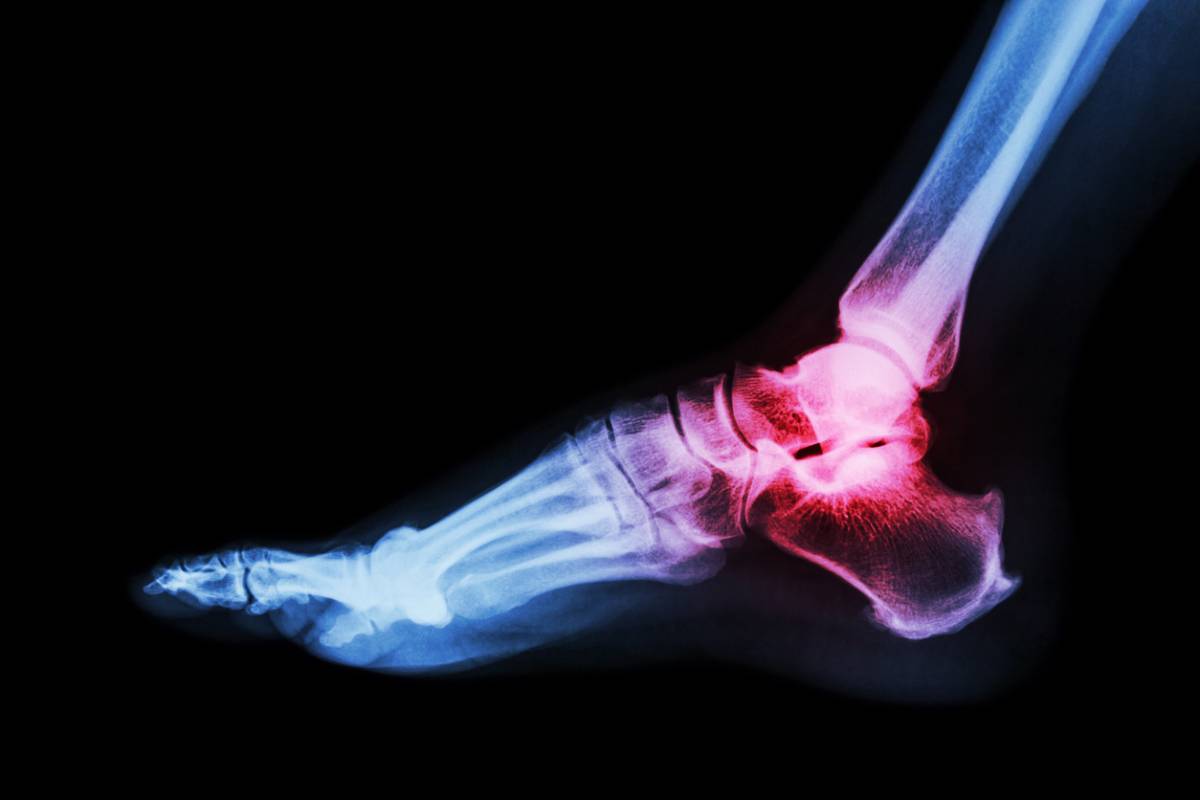Pregnancy is such an exciting time for every woman expecting a baby. Preparing for the joy of bringing new life into the world is unlike anything else. However, pregnancy also comes with a lot of changes. This includes both emotional and physical changes. Weight gain, hormonal changes, and swelling can put a lot of pressure on your feet. Many pregnant women experience heel pain. This can be a lot on top of everything else during pregnancy. Understanding and managing heel pain during pregnancy is key. Below, you will find helpful information on how to care for your heels while pregnant.
Understanding and Managing Heel Pain During Pregnancy
A woman’s body goes through so many physical changes during pregnancy. Some of these changes include pain and discomfort. One of the more common issues women face during pregnancy is heel pain. Treatment options are available no matter how minor or severe the pain is. Conservative treatments are often used initially. However, severe cases may require minimally invasive heel surgery. Consider the following reasons you may experience heel pain during pregnancy.
Weight Gain
Weight gain is a natural part of pregnancy. It is necessary for the baby to stay healthy and grow. Despite the benefits of moderate weight gain for your baby, it can take a toll on your body. The excess weight puts more pressure on your body. This includes your hips, knees, ankles, and feet. Your heels take a lot of the pressure as you move around. Because of this, heel pain is a common part of pregnancy.
The heel pain associated with weight gain can be addressed by wearing supportive shoes. Your shoes should have good arch support and be comfortable overall. Orthotic inserts can also improve any pain you experience in your heels and feet. It’s beneficial to consult with a podiatrist to ensure your feet stay in good health throughout your pregnancy.
Swelling
Pregnant women experience swelling in their feet and ankles. This is especially common later in pregnancy. While swelling is common, it can come with so many unwanted symptoms This includes pain and discomfort. Swelling puts extra pressure on your feet, especially your heels. This can make walking and moving around much more difficult during pregnancy.
The heel pain associated with swelling can be managed with rest and elevation. This does not mean that you don’t move around, as physical activity is healthy during pregnancy. However, you should take breaks as much as possible to reduce any swelling. In addition to resting, elevate your feet. This can be a game changer when it comes to reducing your heel pain.
Hormonal Changes
Hormonal changes are a natural occurrence during pregnancy. One of the hormones that can impact your feet is relaxin. This hormone loosens the ligaments in your body. This is helpful as your body is naturally preparing for childbirth. However, the hormone can loosen the ligaments in your feet, which can lead to plantar fasciitis. This is due to the overstretching of the long band of tissue on the bottom of your foot. Plantar fasciitis causes heel pain and can make walking difficult.
If you think you may have plantar fasciitis, it’s important to consult with a skilled podiatrist at the top heel pain treatment center. They can provide conservative treatments such as orthotic inserts or gentle stretches. Icing your feet, wearing compression socks, and elevating your feet can also help. If necessary, additional treatments may be necessary to ensure that you are able to continue walking without pain.
Heel Pain Treatment Center
If you are pregnant and experiencing heel pain, contact the team at Heel Pain Institute of California for support!
